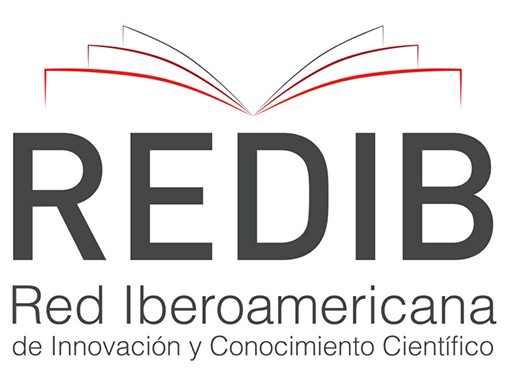MICROBIOTA FROM CAPTIVE PASSERIFORMES OF THE NORTHWEST REGION OF SÃO PAULO
Keywords:
Fungal microbiota, Cryptococcus sp., paseriformes, epidemiologyAbstract
Birds are hosts for a rich fungal microbiota which can act as potent pathogens for humans and other species of animals, causing thereby serious public health problems. The objective of this study was to evaluate the participation of birds kept in containers in the epidemiology of infectious diseases such as cryptococcosis and aspergillosis, thus verifying the maintenance and spread of pathogens in the environment. 36 samples of excretas of passeriformes were collected and were cultivated in Sabouraud Dextrose Agar 4% at room temperature and 37°C. The isolated fungal colonies were classified according to their morphological and staining characteristics. Subsequently, those in yeast form were peaked in Niger Agar, incubated at 30°C. In one sample showed growth of more than one type of colony and there was verified the presence of 25.0% of Penicillium spp., 19.4% of Trichosporon spp., 13.9% of C. gattii, 11.1% of C. neoformans, 11.1% of Candida spp., 8.3% of Rhizomucor spp., 8.3% of Aspergillus spp., 2.8% of Nigrospora spp. and 2,8% of Geotrichum spp. It can be conluded by the expost that birds shed continuously pathogenic microorganisms in their feces acting in definitive form in the infectious diseases ecoepidemiology.
Downloads
Published
How to Cite
Issue
Section
License

Este obra está licenciado com uma Licença Creative Commons Atribuição-NãoComercial 4.0 Internacional.











